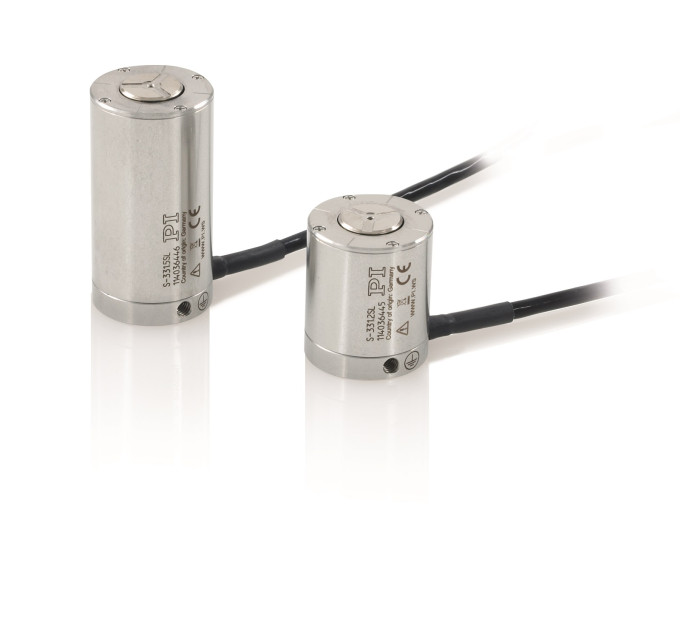LEO Satellite Networks: PI's Contribution to Space Communication
Low Earth Orbits (“LEO” for short) are satellites that move in low orbits and circle the earth at an altitude of about 180 to 2,000 kilometers. Several satellite producers in the US, China, and Europe are planning to deploy LEO satellites for certain remote areas to enable high-speed wireless internet access without fiber optics or other light-conducting systems and to improve network coverage. For this, LEO satellite networks consisting of several thousand small LEO satellites utilize the laser-based Free Space Optical Communication (FSOC) technology.
PI's tip/tilt mirror platforms, such as the S-311, are important subsystems of free-space optical communication networks. Such platforms enable beam stabilization to ensure a permanently error-free data transmission, e.g., through highly dynamic vibration and drift compensation. With the rapid development of LEO (Low Earth Orbit) satellite networks, the need for such subsystems is growing rapidly. Tip/tilt mirrors from Physik Instrumente (PI) have already demonstrated their space qualification on several occasions and have proven reliable in numerous satellite networks (for more information, read the PICO News “Tip/Tilt Platform S-331.2SL: From the Lab into Space” of Oktober 5, 2023). Both piezo-based and electromagnetic series systems and operator-specific system solutions from PI meet the necessary technical and economic specifications.
Today, global access to high-speed internet is one of the most important prerequisites for economic prosperity and is therefore leading to increasing demand from users. However, as in many regions worldwide the necessary expansion of fiber optic and 5G networks is not profitable, LEO networks offer the optimal solution for alternative Internet access. The FSOC technology offers high bandwidth and can support an ever-increasing number of users.
The market for global equipment with LEO satellites is booming and the PI Group is preparing for a sharp increase in demand. According to the latest calculations, more than one million new satellites are currently registered with the International Telecommunication Union (ITU). Currently, there are around 10,000 in orbit, 2,000 of which were launched last year alone–more than ever before within a single year.
Read this press release to learn more about PI's space-qualified steering mirrors such as the Fast Steering Mirrors (FSM), tip/tilt mirrors and the piezo-based tip/tilt platform S-331 as essential components for the expansion of LEO satellite networks based on FSOC technology.
Contact person: Dr. Thomas Bocher, Director Strategic Marketing - Global

